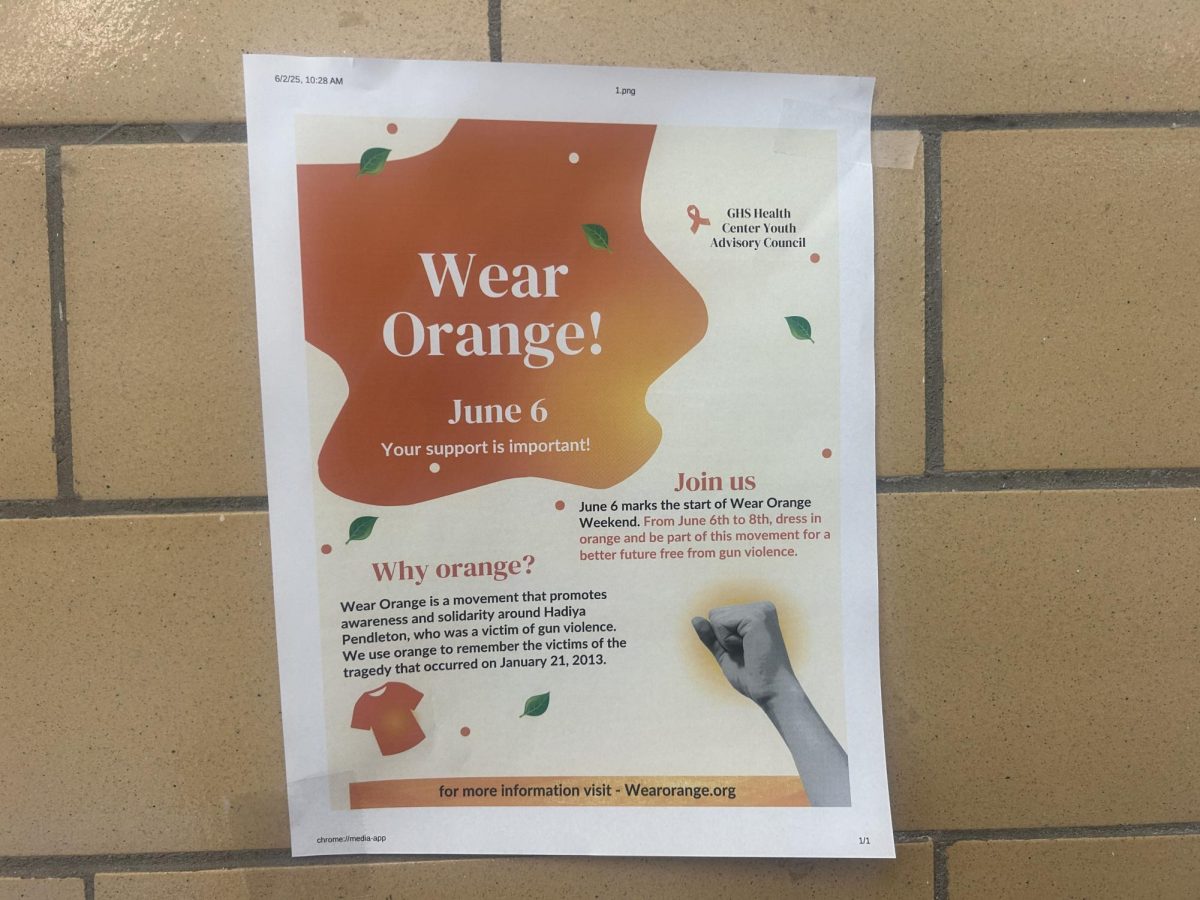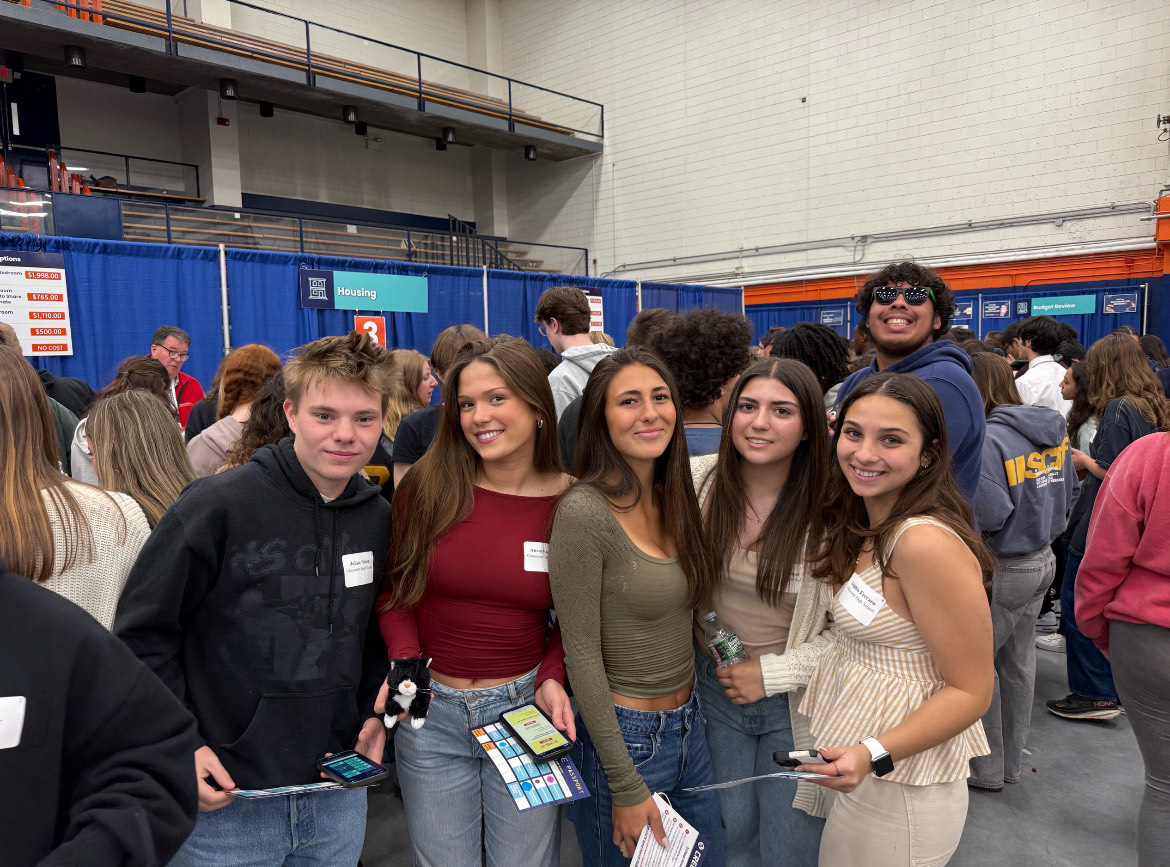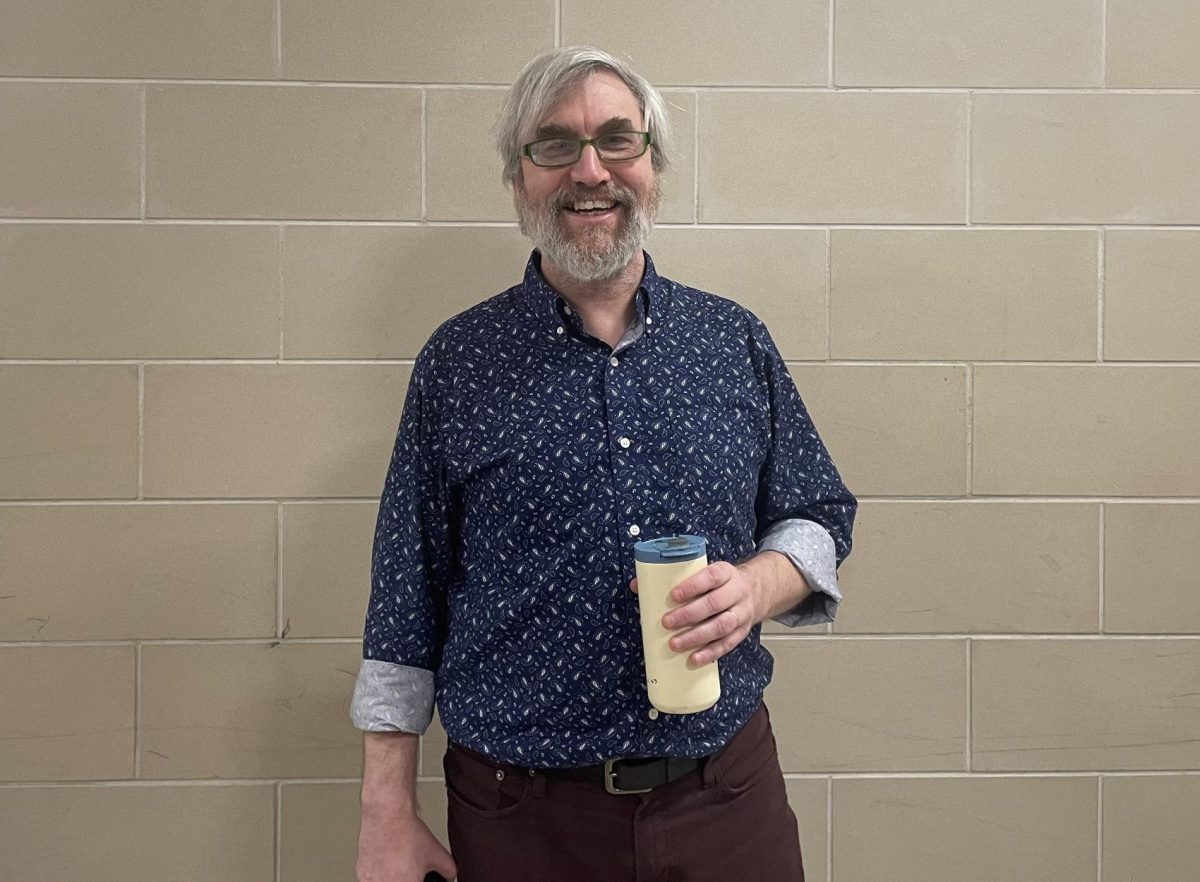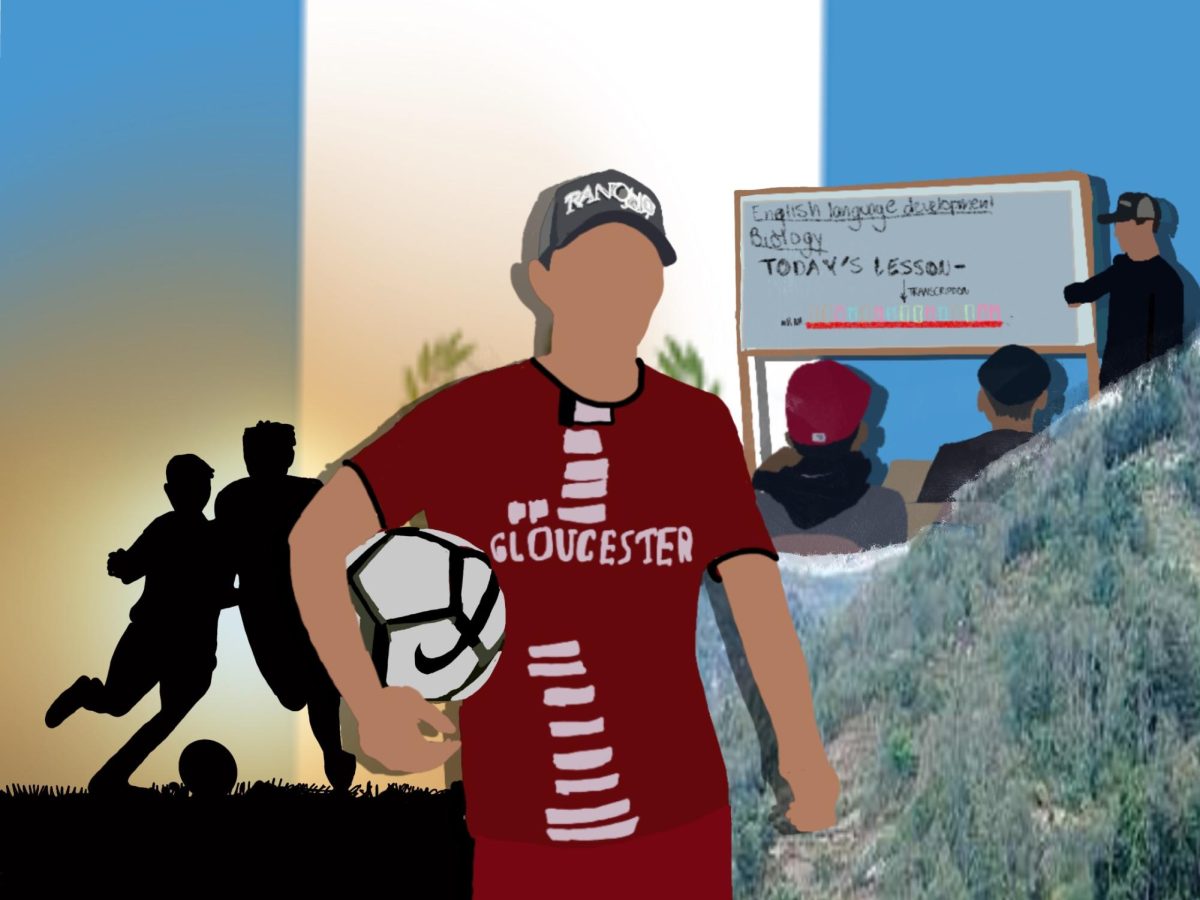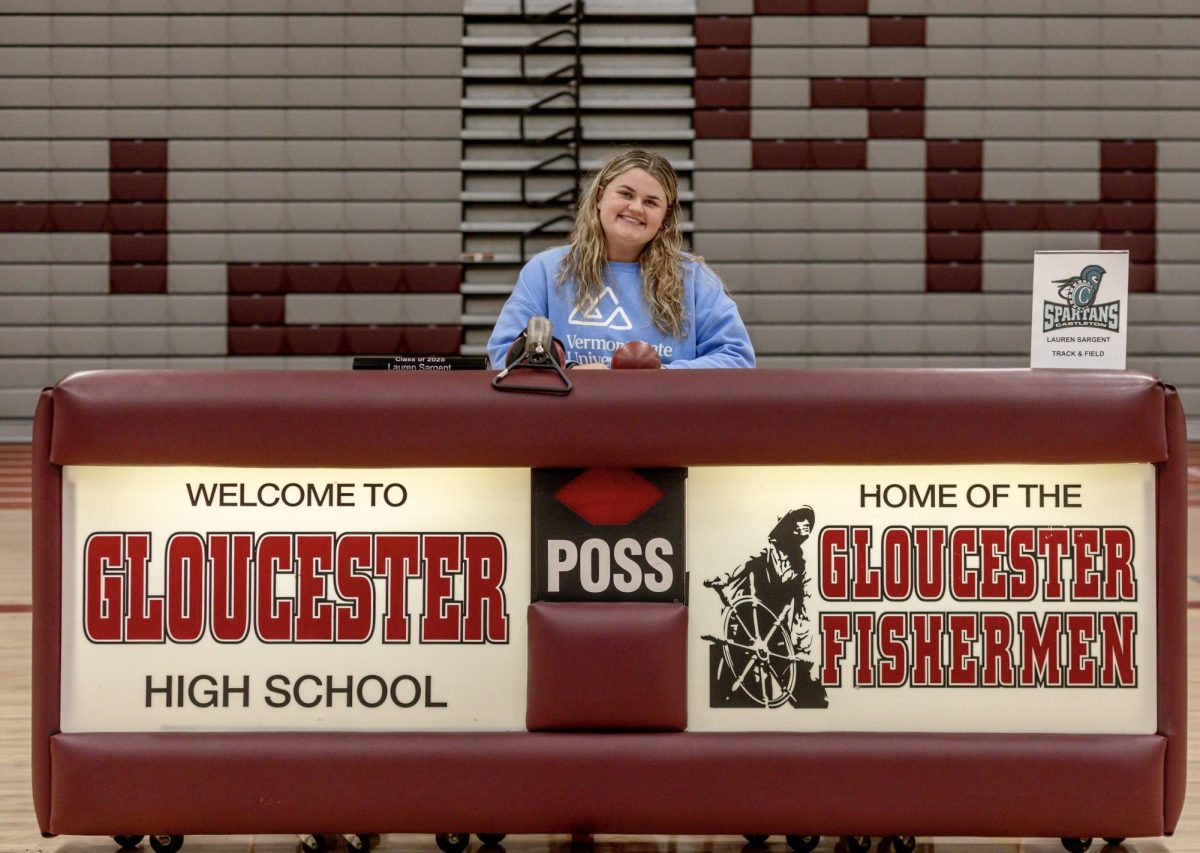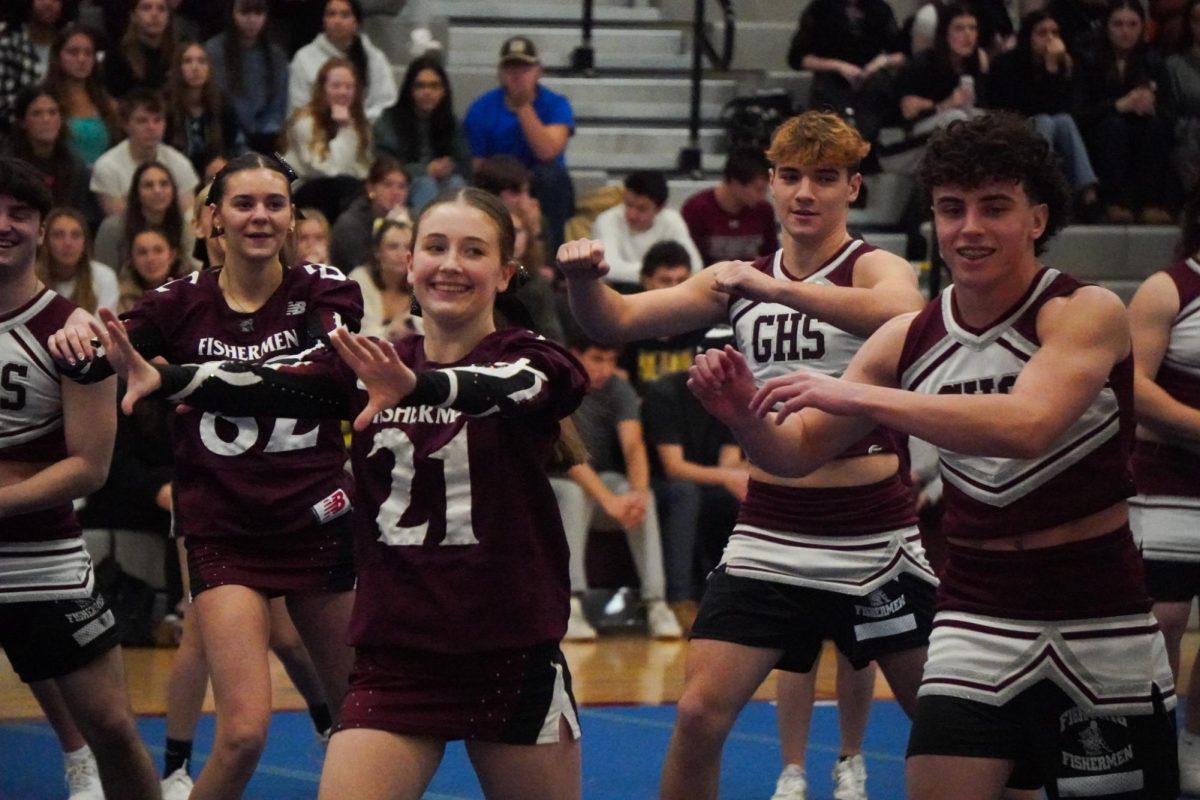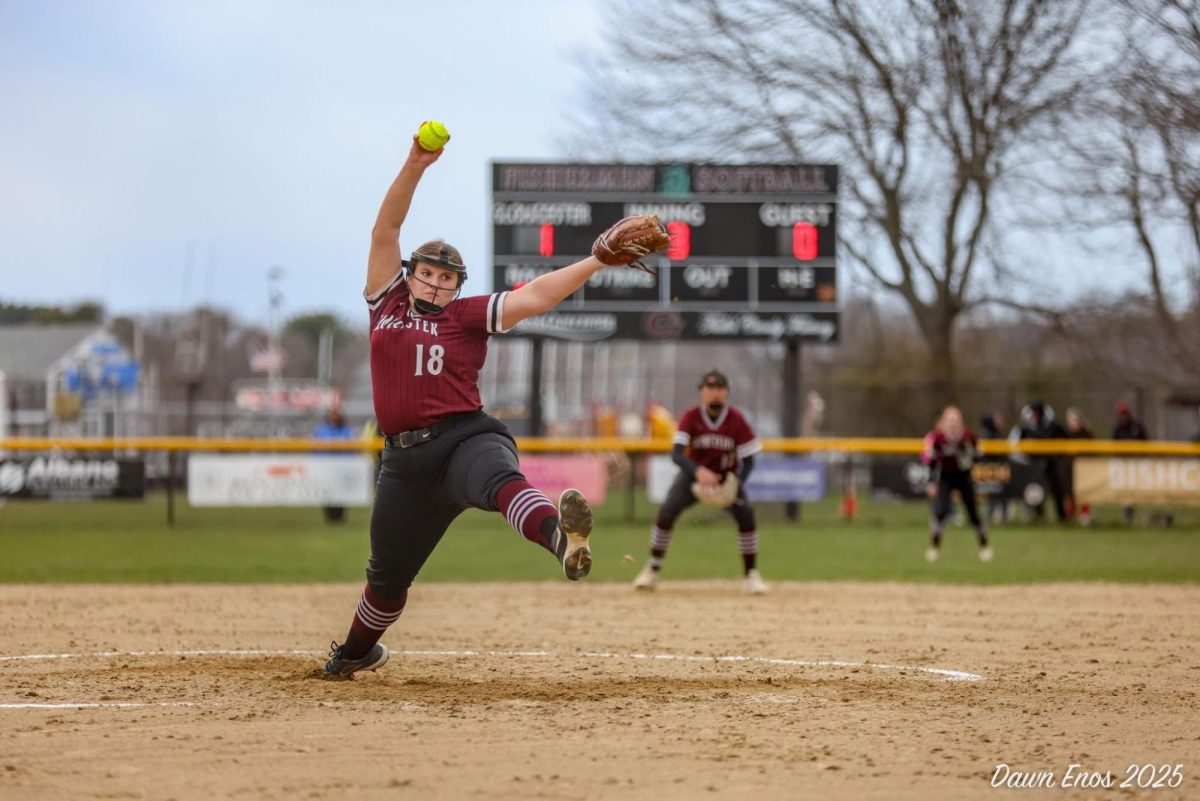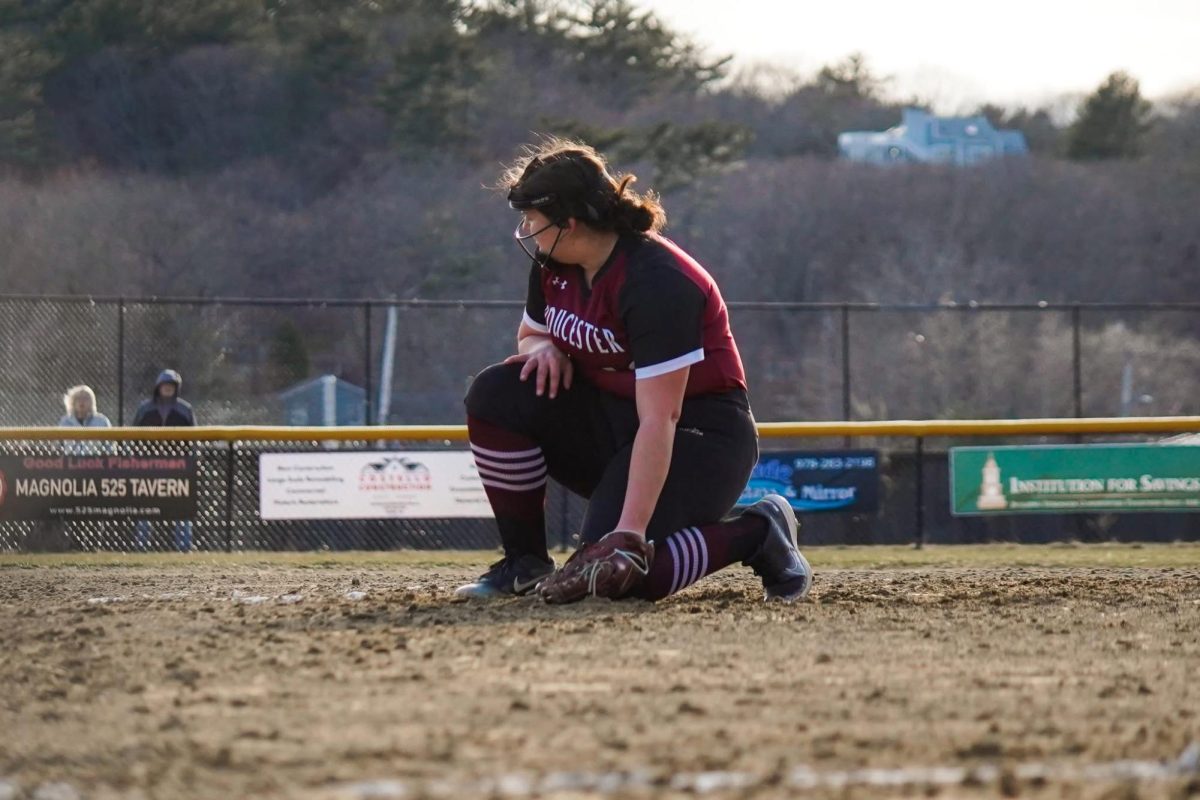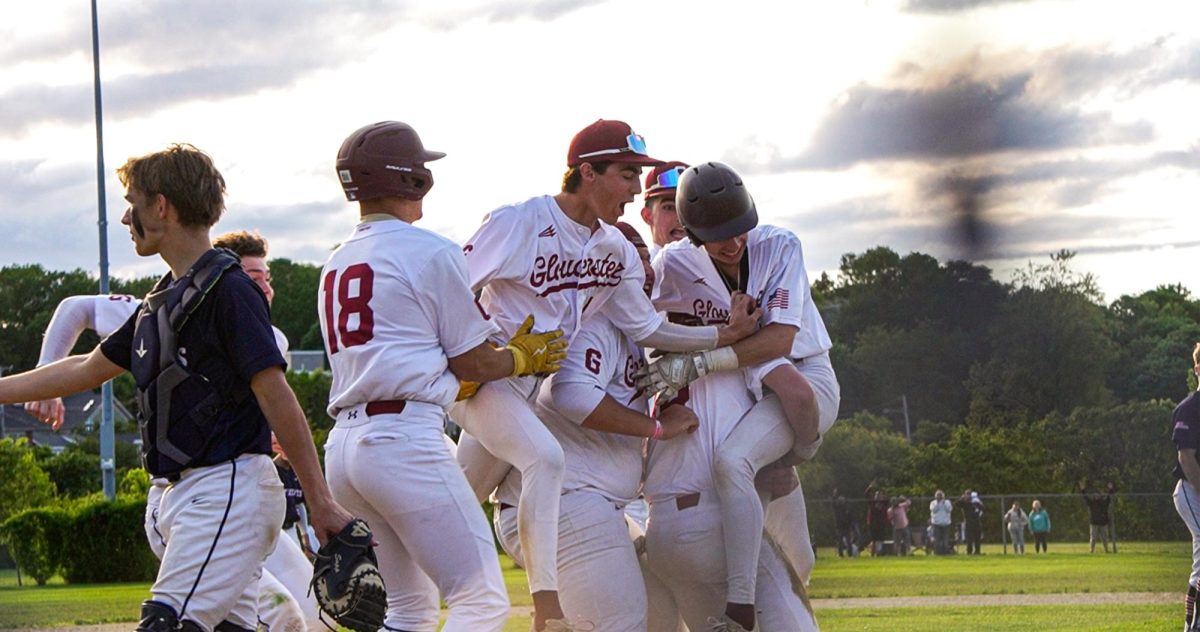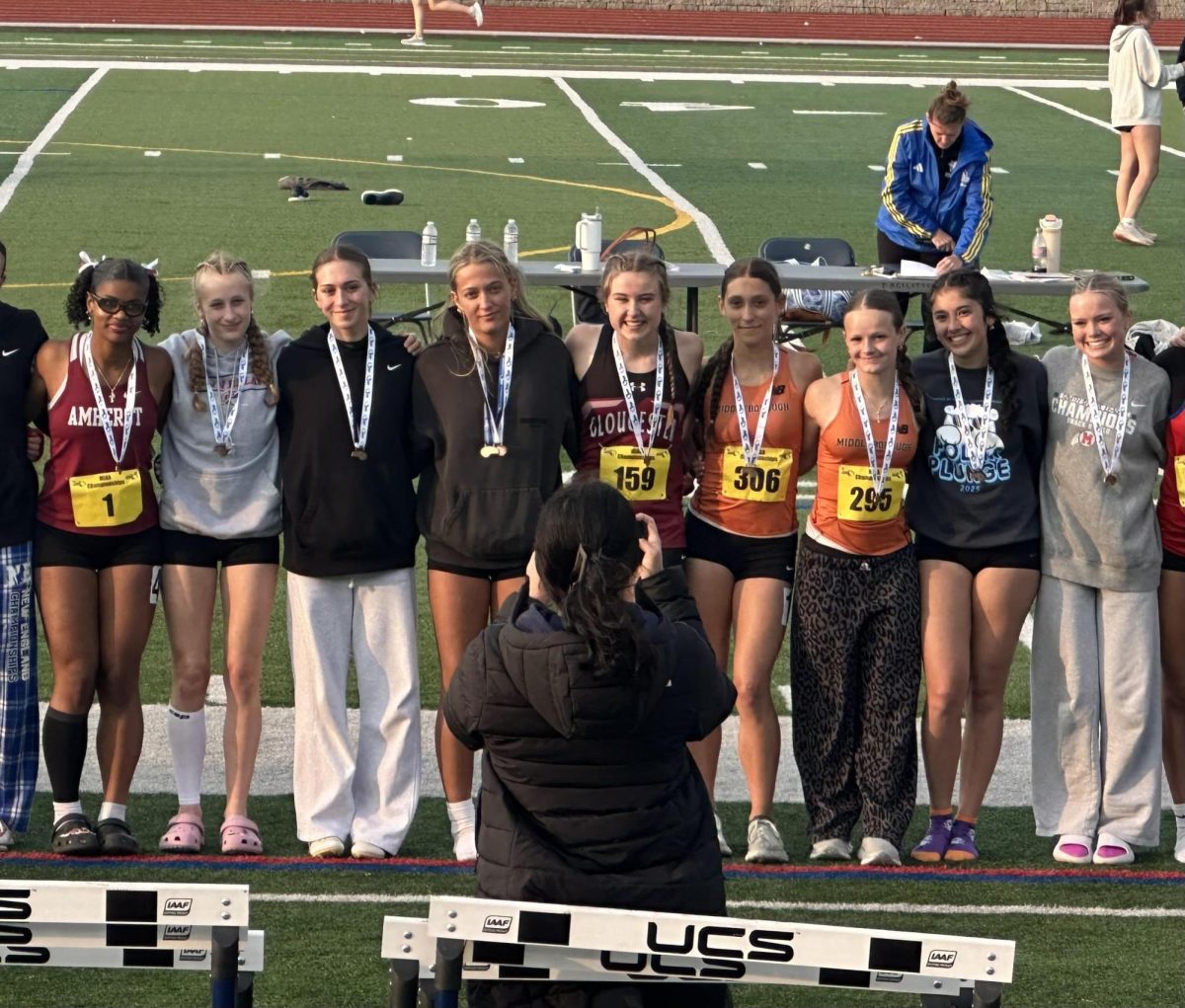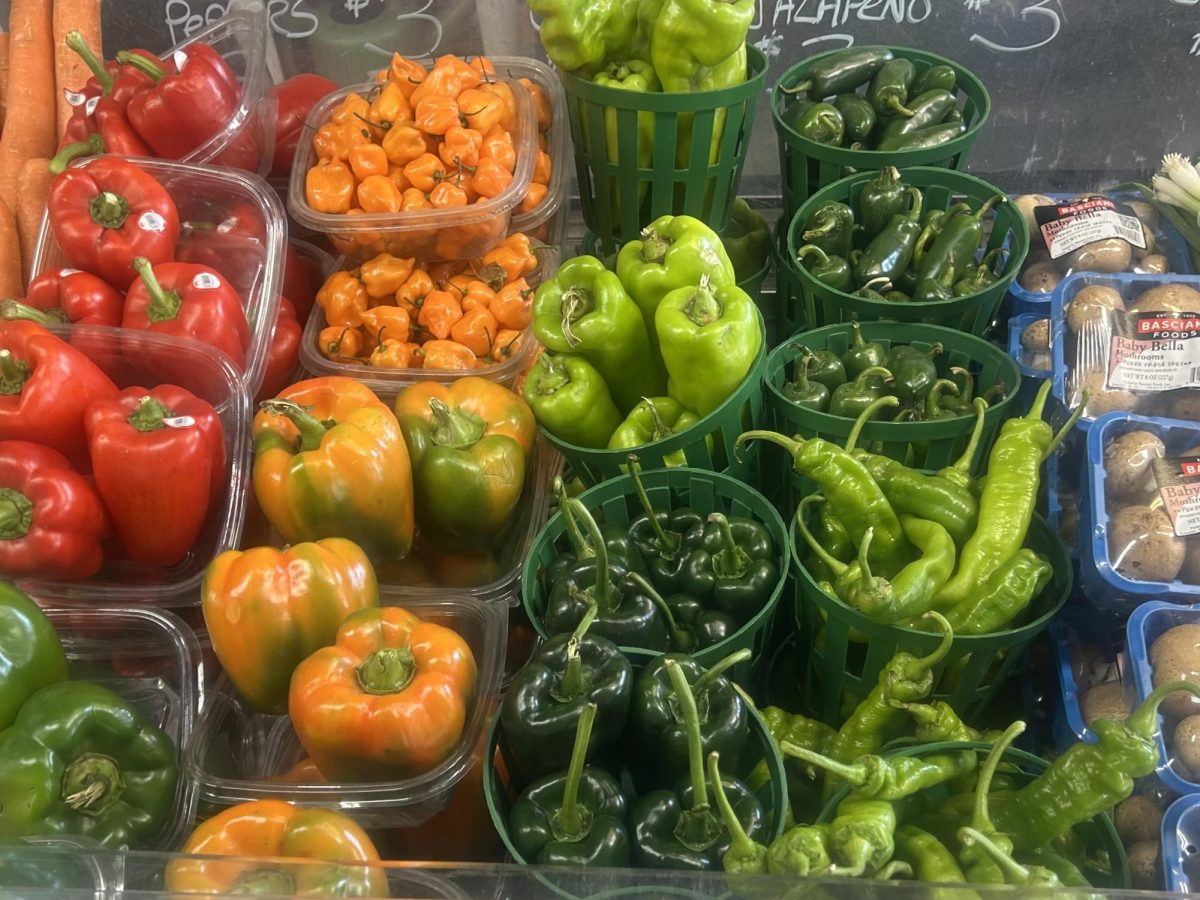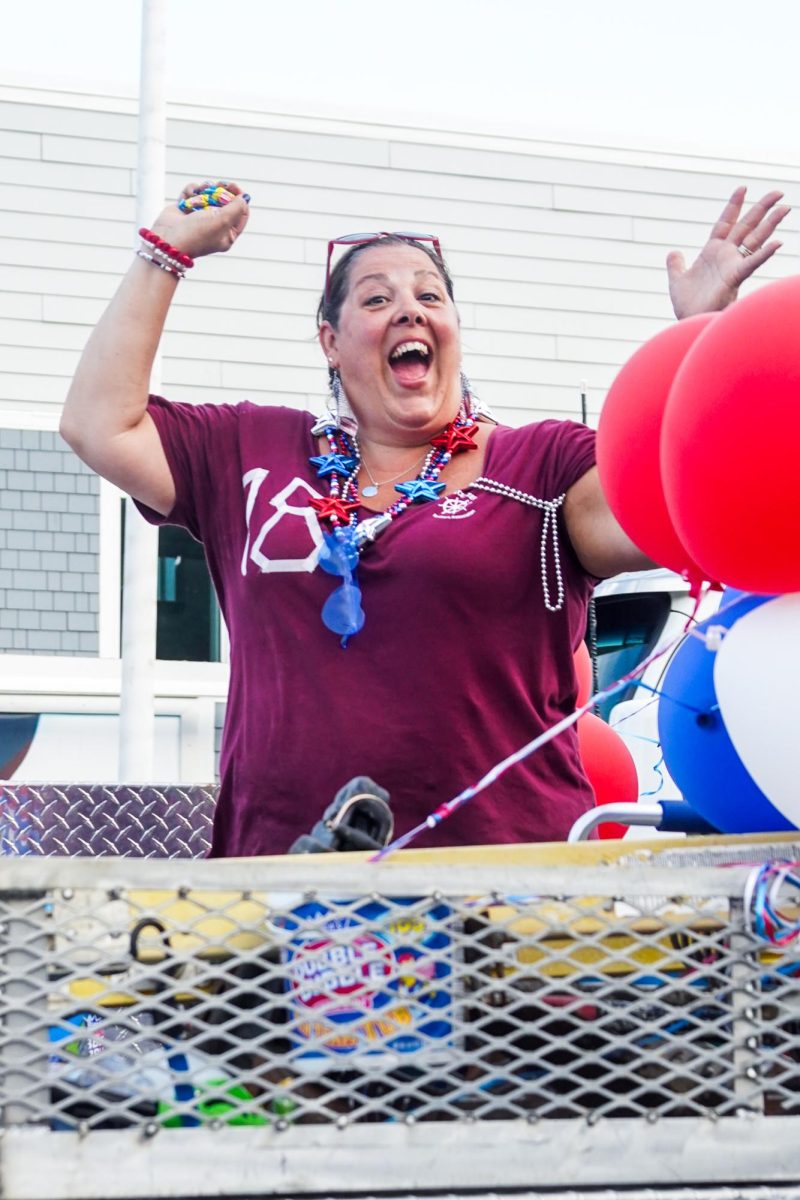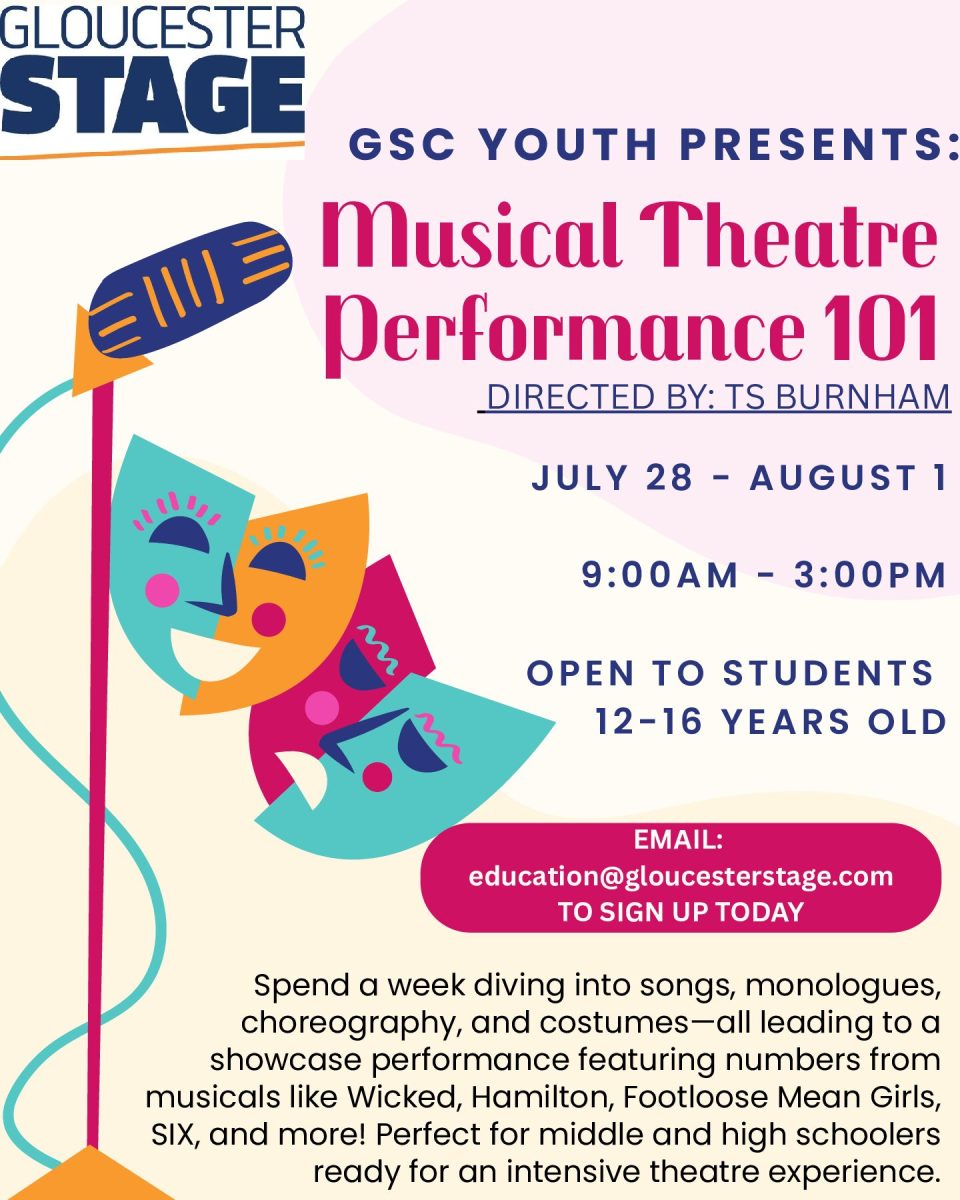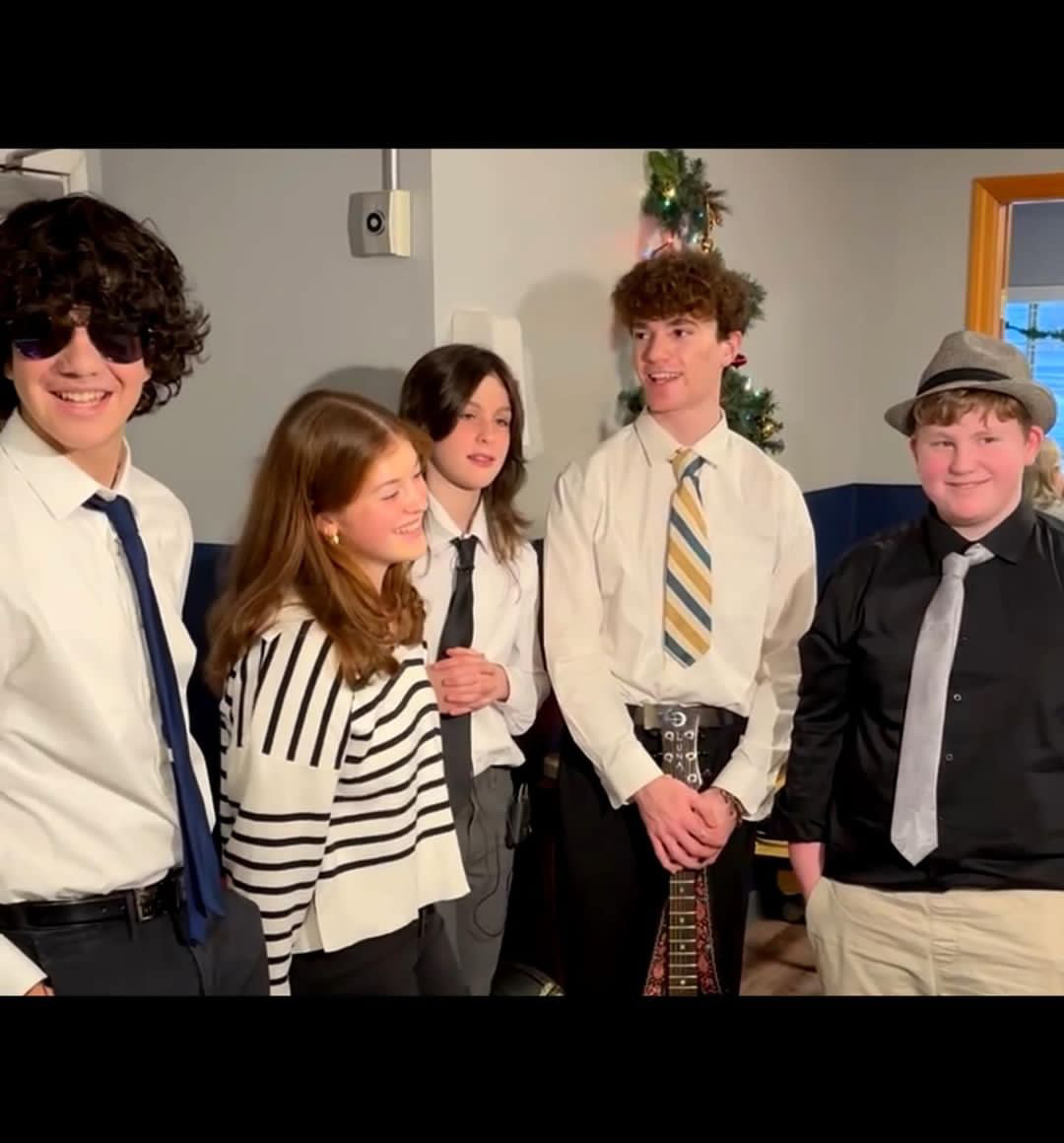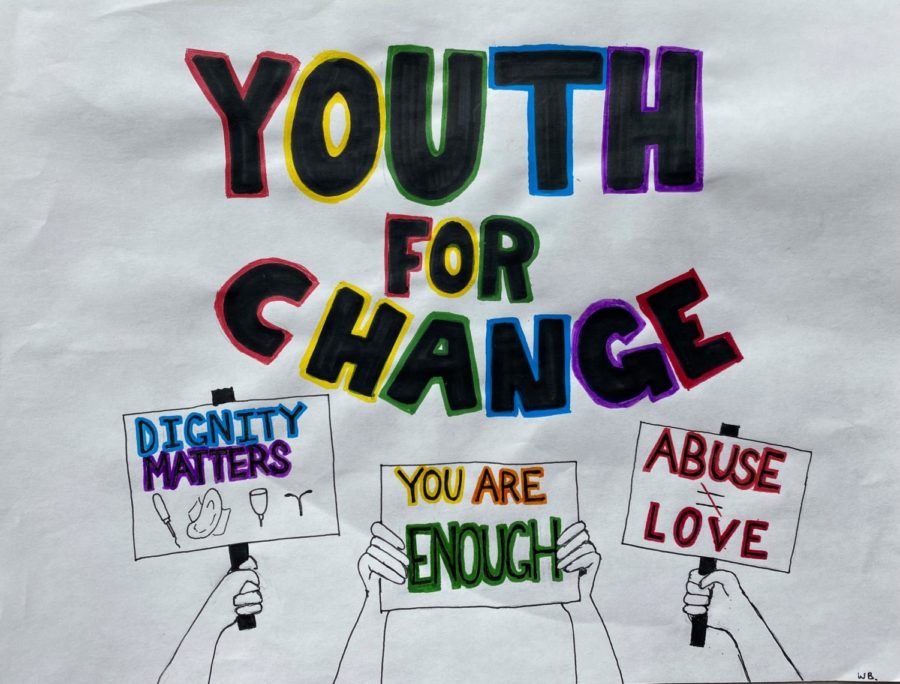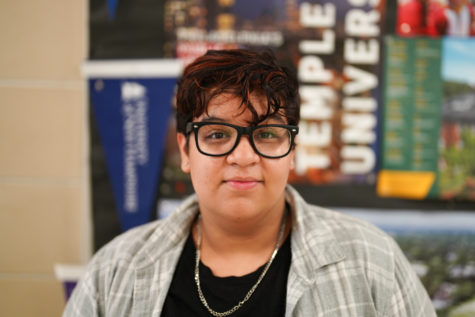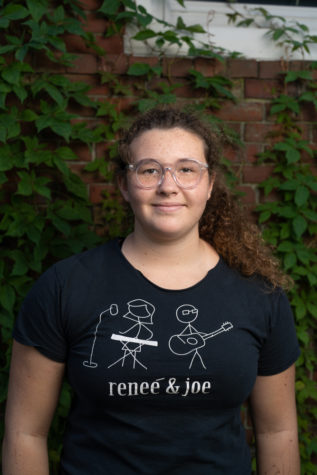GHS history projects advocate for change
May 26, 2022
Gen Z is known for a lot of things, not all good, but definitely not all bad either. One of the most common words used to describe this generation is ‘advocates’, usually accompanied by headstrong, determined, or compassionate. Our generation has been recognized as one that is not afraid to speak up in the face of injustice and make an active effort for change.
In an attempt to encourage this passion for justice, the state of Massachusetts passed an act in 2018 to “promote and enhance civic engagement”. This act states that all 8th graders in the state should have the opportunity to learn and put into practice what it means to be civically engaged. This doesn’t necessarily mean all 8th graders will be required to do any sort of project, but 8th grade history classes primarily focus on civics and government, so the opportunity is there. This act also directly impacts the high school because it states that every student in high school (regardless of grade) should have the opportunity to do a civics project during their time at the school.
There are several classes at the high school that focus on civics as well, including Global Issues, usually running the first semester of the school year, and Issues in America, the following semester during the same block. Both classes are taught by the high school program leader of the social studies department Richard Francis, who has been teaching at GHS for 22 years and a program leader for 3 of those.
In the past there has been more of a focus on analyzing the issues that need to be changed and what can be done about them, but has never taken such an action oriented approach. This year will be the first year that this act will start to be introduced to the students at GHS but not on a large scale. Students will be working on various things throughout the project including writing emails to city officials, meeting with them, creating social media platforms and more to make their voices heard on changes they believe should be made.
“In the global issues class last semester when I saw how some kids took to doing the charity projects, which were mostly local, I saw that we could take this a step further,” Francis said. “I think there are some kids in that class that are born to be advocates.”
The purpose of the Issues in America class is to take a look at what is going on in America, but also to put a local lens on it and see how those problems affect us and our communities. This semester’s class has chosen subjects such as redlining, domestic violence, mental health, accessibility to feminine hygiene products, and more.
“I chose to do redlining in Essex county because redlining is a form of systemic racism that has affected our country and people of color throughout all walks of life by limiting their access to resources,” said GHS senior Darcy Muller. “It hasn’t been talked about at all in our own city. I’ve noticed that downtown is an area populated with mainly families of color and many people call the shaws there “ghetto shaws. I’ve also noticed that they don’t have nearly as much produce and organic foods available and there’s a lot more junk food than at the other Shaws in town. It’s well known that Americans of color are the ones who struggle the most with diabetes and other health issues – so not having access to healthy foods can be detrimental.”
Even though this project will only take place over the course of 4 months, as opposed to the whole year, students will still gain valuable experience in advocacy.
Students next year will get a taste of putting into perspective their role as a citizen in 9th grade with history by doing a project where students will study the GHS handbook, choose a rule they would like to change, and then defend why they want to change it. Then the following year, as a sophomore, the advocacy project will be embedded into the existing 10th grade curriculum and will become a long term summative assessment.
“I think that social media has made us realize that it’s not just a specific group of people that’s affected by what’s happening but for some kids it’s not easy for them to step-up” said Francis. “With those cases we’re providing them the chance to learn to be advocates so they can advocate for themselves as well as encourage them to do it for others. ”


